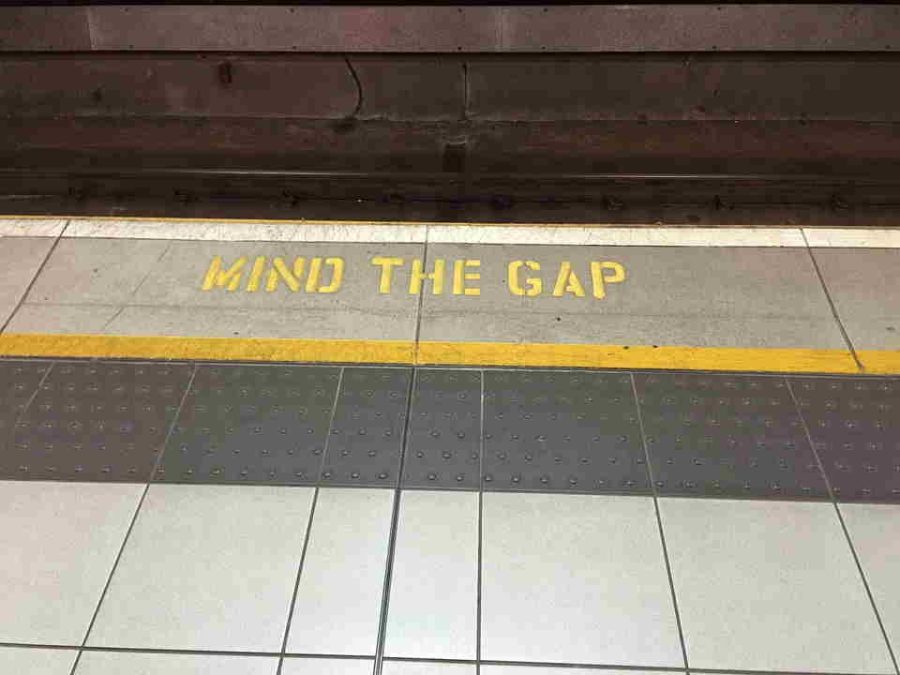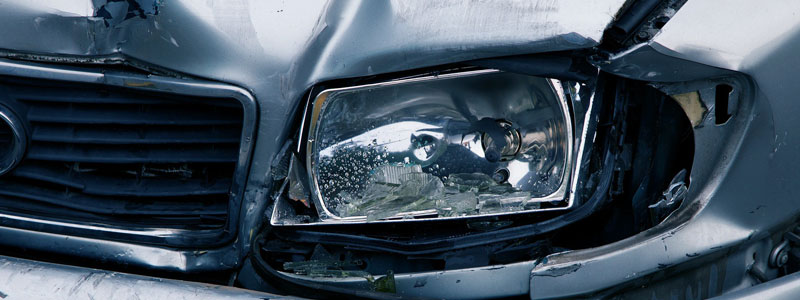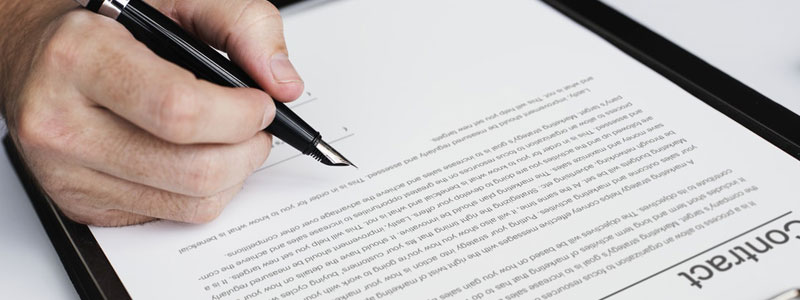What is GAP Insurance?
GAP insurance, or Guaranteed Asset Protection insurance, is an optional insurance coverage that can be added to a collision insurance policy. Designed to “bridge the gap” between your car’s value and the money you owe on the vehicle, GAP insurance comes in handy if your car has been stolen or totaled after an Indiana car accident. […]

April 25, 2016

GAP insurance, or Guaranteed Asset Protection insurance, is an optional insurance coverage that can be added to a collision insurance policy. Designed to “bridge the gap” between your car’s value and the money you owe on the vehicle, GAP insurance comes in handy if your car has been stolen or totaled after an Indiana car accident.
Why Would You Need Gap Insurance?

Indiana state law dictates that all drivers carry a minimum amount of insurance, designed to cover the expenses of medical services and treatment for those injured in an accident, including:
- $25,000 liability insurance per person
- $50,000 liability insurance per incident
- $10,000 property damage
However, despite these laws, many drivers still do not have any car insurance at all. There are many different types of policies and benefits available to cover bills in case of an Indiana car accident, including:
- Comprehensive coverage: This helps pay for damage to your vehicle caused in incidents other than car accidents, such as vandalism, theft, and fire damage.
- Collision coverage: This covers the cost of damage from a collision with another car or an object.
- Uninsured/Underinsured Motorist Coverage (UM/UIM): UM/UIM protects you in the event that the driver who was responsible for your accident has no coverage or not enough of it.
- Rental reimbursement: This helps pay for alternative transportation while your car is being repaired.
- Medical payments: This covers accident-related medical or funeral costs of covered drivers and of passengers (regardless of fault).
- Emergency roadside service: This helps provide for towing and labor service (assistance with changing a tire, jumpstarts, towing, locksmith, delivery of gas or oil, etc.)
- Customized parts and equipment: This is an endorsement to the policy that pays for equipment, devices, and accessories other than those installed by the original manufacturer.
GAP insurance is simply another policy you can choose to add to your insurance. It differs from the rest because it covers not only the damage to or value of your car, but also the money you owe on the car.
Who Should Consider GAP Insurance?

Everyone knows that once you drive a vehicle off of the lot, it depreciates in value. Because of this, how much your car is worth is often much less than the amount you may still owe on it.
Typically, this isn’t an issue unless your car is stolen or totaled in an accident. Your insurance company will only pay you for what your car was worth at the time of the accident, not the price you bought it for and not including any money you still owe on the vehicle.
To protect yourself, you should consider whether or not GAP insurance would be helpful in the event of an accident. According to NerdWallet, you may benefit from GAP insurance if you are:
- Leasing your car
- Financing your car for 4 years or more
- Agreeing to a small down payment or none at all
- Rolling negative equity from your previous vehicle to your new loan
- Driving more than 15,000 miles a year
- Purchasing a vehicle with a history of high depreciation rates
Where Do You Buy GAP insurance?

- From the dealer (at the time of purchase or lease)
- From an insurance company (at any time)
GAP insurance can become very important when you have complications with your Indiana personal injury claim after an accident:
- If the at-fault driver does not have insurance, your damages would be paid by your insurance provider under the uninsured motorist coverage portion of your coverage. You could then use your GAP insurance to cover the money you owed on the vehicle.
- If the at-fault driver has insurance, they may only have the minimum $25,000 liability coverage required in Indiana. That driver’s coverage would pay the first $25,000, and your underinsured motorist coverage would pay the remainder up to the limits of your coverage, which may not be enough to cover the loan or lease on your car. GAP insurance would bridge the gap to cover your loan or lease.
After an automobile accident, a lot of money can be involved, not only in terms of personal injury, but also in terms of car repair and replacement. For this reason, drivers need to be prepared for possible disputes with their insurance company. Some steps to take include:
- Saving all paperwork related to the accident
- Getting an estimate from a trusted repair shop (in the event the insurance company undervalues the repairs the car needs)
Is GAP Insurance Right for Me?

There are several important aspects of GAP insurance you should consider before purchase:
- Because the intent of GAP is to work with traditional liability coverage, it will not pay if your primary insurance company denies your claim.
- Unlike other forms of auto insurance, there is a one-time only premium with GAP. You may choose to pay this premium upfront or incorporate it into a loan if you purchase it at a dealership.
- Once you make a claim, the GAP policy expires.
- GAP insurance requires a “triggering event” before it kicks in. However, because GAP focuses on your loan instead of on the car, the triggering event is not the accident or theft or damage, but the declaration by your insurer that the car is a total loss.
While consumers may at first have a problem understanding the unique limitations of GAP coverage, those limitations really make sense. GAP is a form of credit insurance and it covers your loan, not the vehicle itself.
Help from an Indiana Car Accident Lawyer
If you’ve been injured in a car accident, you may be working with the insurance company to cover the loss of your vehicle, and using GAP insurance may be part of that process. However, you shouldn’t neglect to treat any injuries to your body while you’re focused on the damage to your car. Hensley Legal Group can negotiate with the insurance company on your behalf and make sure you get the compensation you deserve for your injuries. Call us today or contact us online for a free consultation.
Available 24/7
Free Case Review
You won’t pay any fees until we win your case.
It’s easy - you can: